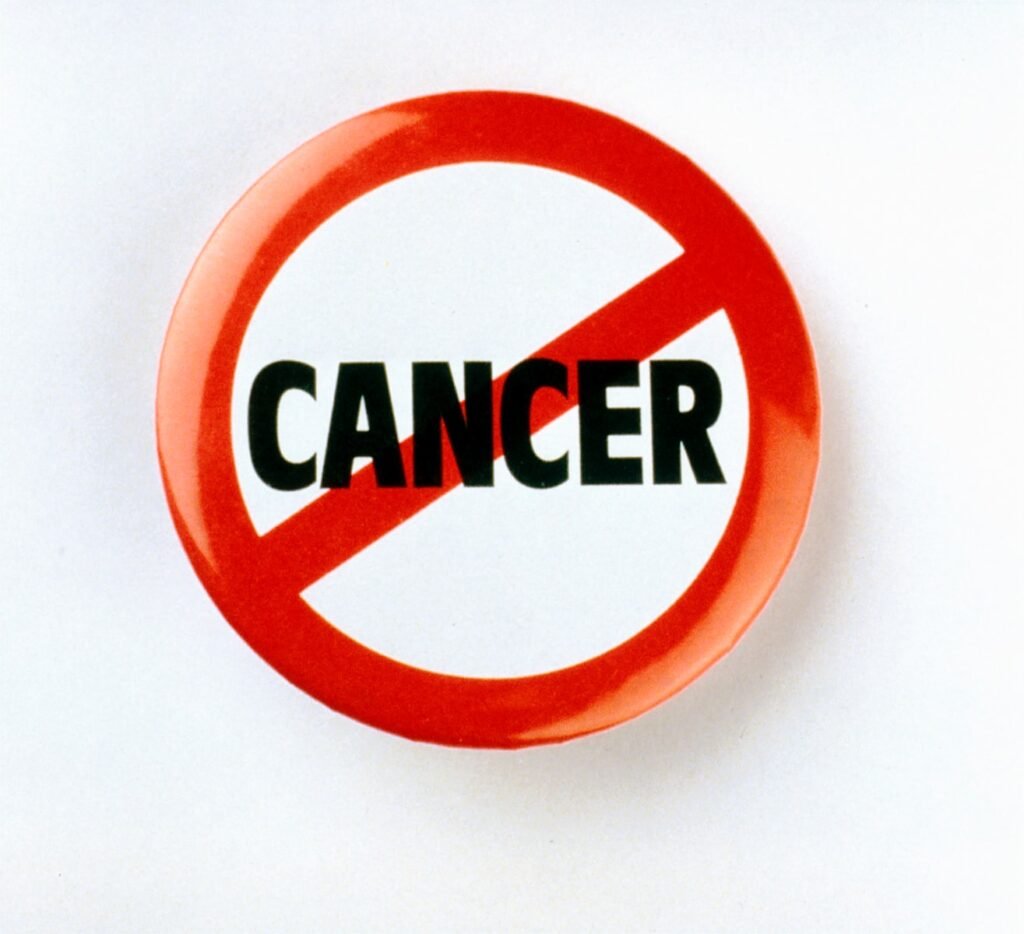Table of Contents
ToggleNutrition After Cancer
Index
Overview
Which Foods Should Be Consumed?
Importance of Post-Treatment Diet Counseling
Overview
After cancer treatment is completed, the healing process begins. The consumption of various and different foods during and after the treatment of cancer patients is very important in terms of meeting the nutritional elements that the body needs. Cancer patients must consume foods containing high protein and low fat. For this reason, it is beneficial for cancer patients to get support from a nutrition and dietetic specialist.

Which Foods Should Be Consumed?
Fruits and vegetables; It contains antioxidants such as vitamins A, C and E, and selenium. Antioxidants also prevent free radicals that cause cancer from damaging normal cells. Take care to consume at least 3 servings of fruit and 2 servings of vegetables a day to increase antioxidant intake. You can add flavored herbs such as onions, garlic, parsley, mint, dill, basil to the dishes you have prepared.
Eggs should be consumed as they are a quality protein source. If it cannot be consumed boiled for breakfast, you can consume it by preparing it like a cheese omelet or menemen.
You can choose quality protein sources of animal origin such as lean meat, skinless chicken, turkey, fish for the main meal. When preparing foods, use low-fat cooking methods such as grilling, steaming, bain-marie, baking, sautéing in a teflon pan or pot.
You can consume protein source foods such as yoghurt, milk, ayran and kefir in main meals or snacks.
While cooking vegetable dishes and soups, you can increase the nutritional value by adding foods such as ground meat, chicken, green lentils, chickpeas.
Carbohydrate sources are whole grain breads with high fiber content, bulgur, buckwheat, etc. consists of complex carbohydrates. Thus, blood sugar balance and bowel movements will be regulated.
Oil seeds are rich in fatty acids and minerals. Oil seeds such as 1 handful of unroasted almonds, hazelnuts and walnuts can be consumed per day.
At the same time, in the American Cancer Society Nutrition and Physical Activity Guidelines for Cancer Prevention, both cancer prevention and post-treatment; It recommends maintaining a healthy body weight throughout life, adopting a physically active lifestyle, consuming a balanced diet from all types of food, and limiting red meat consumption.
Importance of Post-Treatment Diet Counseling
After treatment, symptoms that affect nutrition and physical health and the side effects of treatment often begin to decrease and resolve. Usually, the side effects of the treatment applied within a few weeks pass, but in some cases these side effects may persist. Also, sometimes the late effects of treatment can appear long after treatment has been completed. Examples of ongoing side effects or complications of cancer treatment related to nutritional status include cachexia, altered sense of taste, loss of muscle mass, and diarrhea or constipation. In these cases, an assessment of nutritional status may be needed. For individuals with low body weight or insufficient nutrient intake after treatment, dietary counseling and drug therapy can help in the recovery process. Administration of individualized nutritional therapy can improve nutrient intake and potentially reduce some of the toxicities associated with cancer treatments.
Individuals who have high body weight loss or early satiety problems and who are under normal body weight should reduce their fluid consumption as much as possible during meals, eating smaller, more frequent meals may help increase their food intake. Water and other beverages should be consumed between meals to prevent dehydration and to meet the need.
In cases where nutritional needs cannot be met with foods alone, enriched special nutrition products can be used. It is very important to get expert support to regulate the eating habits after cancer and to follow the treatment process.
